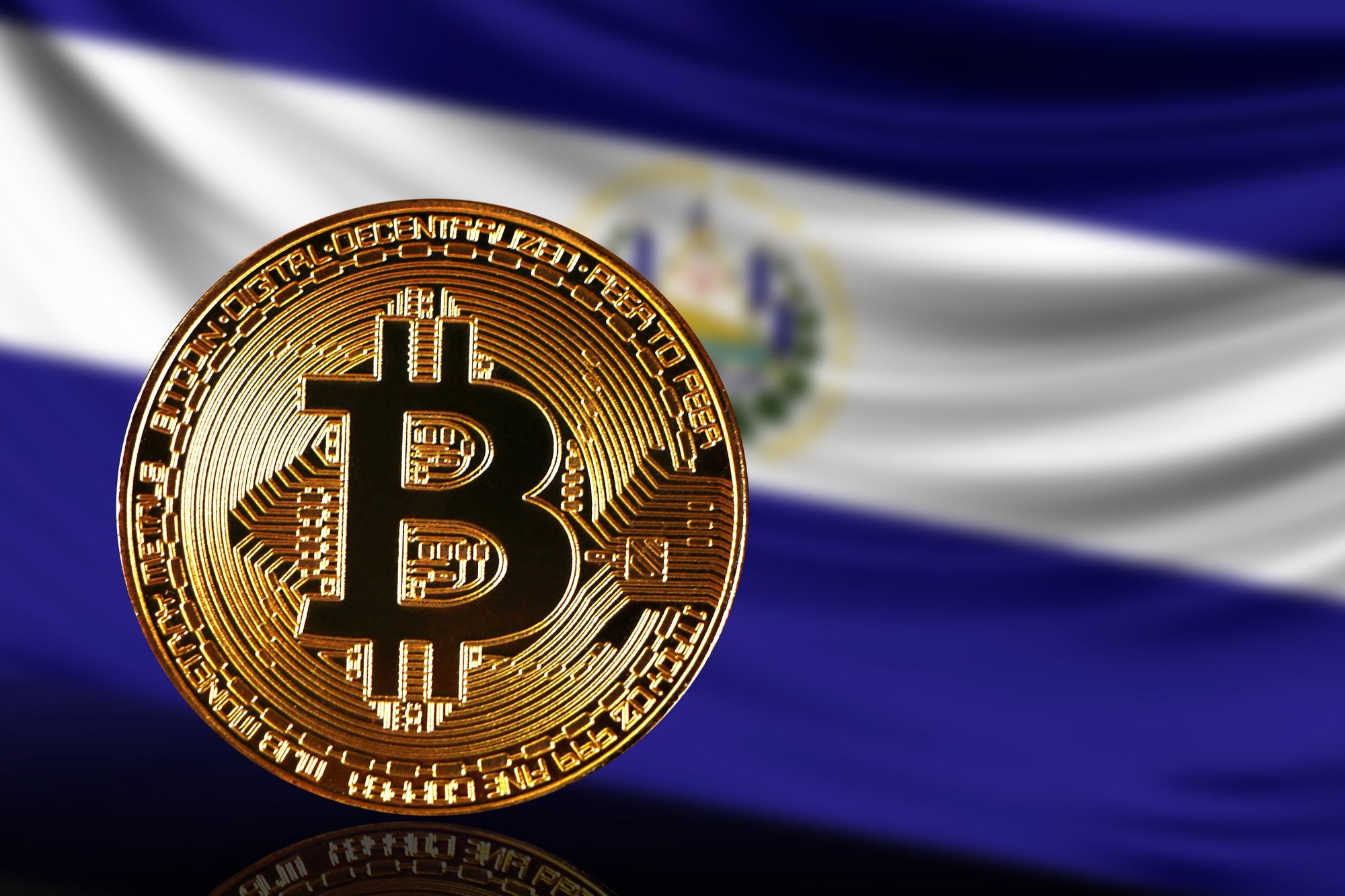Bitcoin Still on El Salvador’s Agenda Despite $1.4B IMF Agreement
17.06.2025 11:00 1 min. read Alexander Stefanov
El Salvador is still buying Bitcoin in spite of a $1.4 billion International Monetary Fund package that was meant to curb further government accumulation.
According to the country’s Bitcoin Office, the treasury wallet now holds 6,209 BTC—about 240 coins more than when the IMF deal was announced in December 2024.
That loan agreement required President Nayib Bukele’s administration to halt public Bitcoin purchases and revoke the cryptocurrency’s legal-tender status. Yet Bukele’s “one-BTC-per-day” program, launched back in 2022, has quietly carried on.
IMF officials insist El Salvador is still within the letter of the deal. Rodrigo Valdes, who heads the Fund’s Western Hemisphere department, told reporters the nation remains in “technical compliance” because the purchases aren’t being booked directly by the fiscal sector.
Analysts say that wiggle room likely owes to how the assets are classified or which government entities actually execute the trades. That flexibility lets Bukele keep burnishing his pro-Bitcoin credentials while still tapping much-needed IMF liquidity.
-
1
Peter Schiff Warns of Dollar Collapse, Questions Bitcoin Scarcity Model
12.07.2025 20:00 1 min. read -
2
Corporate Bitcoin Adoption Soars: 125 Public Companies Now Hold BTC
16.07.2025 20:00 2 min. read -
3
Bitcoin ETFs See $1B Inflow as IBIT Smashes Global AUM record
11.07.2025 21:00 1 min. read -
4
Bitcoin Reaches $119,000 Milestone as Corporate Demand and ETF Inflows Rise
13.07.2025 17:45 2 min. read -
5
Bitcoin Price Prediction From Bernstein After the Recent All-Time High
14.07.2025 20:00 1 min. read
Where Is The Smart Entry Point For Bitcoin Bulls?
With Bitcoin hovering near $119,000, traders are weighing their next move carefully. The question dominating the market now is simple: Buy the dip or wait for a cleaner setup?
Matrixport Warns of Bitcoin Dip After Hitting This Target
Bitcoin has officially reached the $116,000 milestone, a level previously forecasted by crypto services firm Matrixport using its proprietary seasonal modeling.
Bitcoin Risk Cycle Flips Again as Market Enters Safer Zone
Bitcoin’s market signal has officially shifted back into a low-risk phase, according to a new chart shared by Bitcoin Vector in collaboration with Glassnode and Swissblock.
Robert Kiyosaki Warns of 1929-Style Crash, Urges Bitcoin Hedge
Financial author Robert Kiyosaki is once again sounding the alarm on America’s economic health.
-
1
Peter Schiff Warns of Dollar Collapse, Questions Bitcoin Scarcity Model
12.07.2025 20:00 1 min. read -
2
Corporate Bitcoin Adoption Soars: 125 Public Companies Now Hold BTC
16.07.2025 20:00 2 min. read -
3
Bitcoin ETFs See $1B Inflow as IBIT Smashes Global AUM record
11.07.2025 21:00 1 min. read -
4
Bitcoin Reaches $119,000 Milestone as Corporate Demand and ETF Inflows Rise
13.07.2025 17:45 2 min. read -
5
Bitcoin Price Prediction From Bernstein After the Recent All-Time High
14.07.2025 20:00 1 min. read


